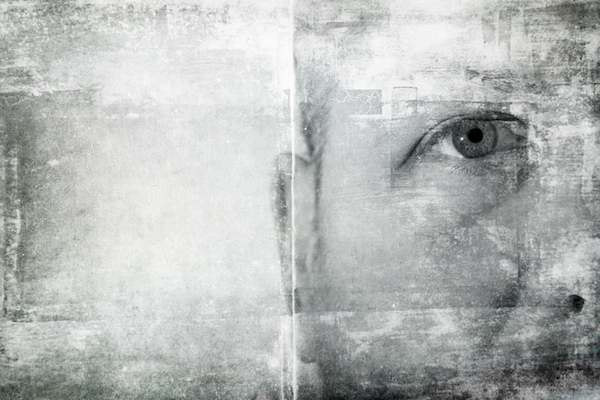
We often think ourselves that ‘change is the only constant thing in life’, these changes usually Play tricks on us, and often messes with our minds, actions, and inactions. However, transitions do happen regardless of how ‘prepared or unprepared we are’. Life makes sure we transition from childhood to teenage hood, adulthood, marriage, parenthood, careers, etc.
Thankfully, we don’t have to be knocked down by the stress of each of these phases. Here are tips to help us overcome transition stress:
Moving away from Self Denial
Like many of us, the scariest part of transitions is probably the thought of losing control over possible outcomes. Rather than engaging in self-denial or trying to wish the reality away, a better response is to accept or admit how vulnerable we really feel. The acceptance that we are in a transitioning process is powerful and helps us create a sense of freedom and opens our minds to new ways of looking at possible options.
Doing so also helps put in better perspective the related feelings of anxiety, crippling fear and in many cases feelings of feelings of uncertainty.
Leverage on Past
When dealing with transition stress, ‘what is past is never truly in the past’. Moving on to a new phase doesn’t automatically erase past memories or experiences. In fact, they are very present in the new phase, but these experiences could serve as leverage as we work on dealing with the transition.
It is always best to reminisce on the successes enjoyed in the past. How did we achieve them? What challenges were successfully overcome? Let each positive memory create a blue print that will navigate through your new phase and your new adventure.
Taking Each Day in Stride
Every day in a new phase has its fair share of challenges. The one great thing is that “The future isn’t set in stone” the future is for us to shape and create our new reality.
Transition stress could be reduced by removing the sense of expectations that we have placed on us. we also want to move from focusing on large picture, setting goals that will take a long time to come to fruition, and pay more attention to the little pixels of
today. Focus on short term achievements that could be accomplished in a day, a week maybe a month.
Exercise some more
More than just keeping our body in shape, exercising routinely is one great way to relief stress. Exercise, especially aerobic exercises not only stimulates the release of endorphins which elevates our mood. It also reduces the level of stress-induced hormones like adrenalin and cortisol.
Sleep
Often the first thing that transition stress robs our of, healthy sleeping habits are very central to our physical and mental health. Knowing this, we should take proactive steps in rekindling our romance with sleep.
We can begin by creating a new sleeping routine, restricting exercises to day time, avoiding long naps during the day, and more importantly, put off or keep electronic device out of our sleeping area, (this last one is hard to do for many of us )
Expect and plan for transition
Going through life without expecting detours or changes is no way possible and not the way life works. The only constant is that changes are taking place, that new environments need to be conquer, and that life is one exiting journey with many stops. Having back up plans is important, it helps to create a “safe sensation” a sense that we can focus on moving forward and feel that we are more in control and work to ensure that we not just get by but thrive.
‘Life as we know it’ will always change. Transitory periods will ever characterise our life and be part of us. We may not control or have a choice on when change will come, but we can decide how we approach the change once arrives.
By Joe Molina
www.vccsd.org
Veterans Chamber
of Commerce
veteransccsd@gmail.com




